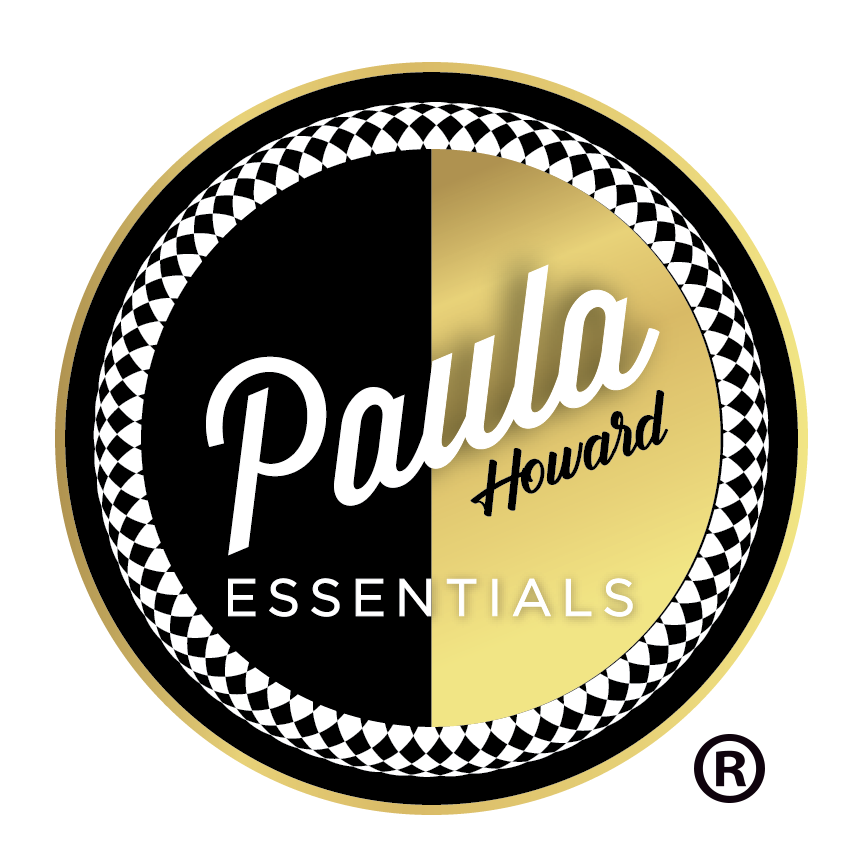Beauty and Scent Secrets You Should Know
More than just a combination of ideal features and measurements, beauty relies on self-confidence, good health, and a positive attitude. Physical beauty not only looks good, it also smells good. A pleasing scent enhances how we feel about ourselves and inspires self-confidence—and that makes us feel good. What makes us feel good makes us look good.
Using language to describe what feels good and looks good can be tricky, especially when it comes to scents. The language of perfumery tends toward the eloquent: “Perfume qualities are described in musical metaphors not solely because of the aesthetic relationship between perfume and music but because there are so few specific words dedicated to olfactory experience.”
When we figure out how to describe what we want, we also realize we want more than just a pretty face: we want confidence, a happy demeanor, a relaxed attitude. We want more. Fashion magazine Harper’s Bazaar notes that today’s “new, conscious consumer” wants products that do more. This particularly affects the beauty industry: “consumers wanting products that are not only effective but have a wider purpose.” In the perfume industry, this demand for a “wider purpose” has resulted in what perfumers call “wellness fragrances.”
The wellness fragrance trend goes back to 2017 with The Nue Co. which introduced a new fragrance line stemming from their belief that health supplements need not take “the form of pills, powders, and tinctures.” Scent can treat what ails us, namely stress. Science bolsters that goal: scents that ease stress and anxiety (and may even help reduce blood pressure) include lavender, bergamot, lemon, neroli, yuzu, orange, ylang ylang, frankincense, rosemary, peppermint, pine, and lemongrass. The amazing benefit of using fragrance to improve health and therefore beauty is that it begins working immediately, whereas ingested and topical applications take a minimum of 20 minutes to take effect.
The decision as to what fragrance you wear depends on the desired end result: how do you want to feel? The close connection between our sense of smell to the parts of the brain responsible for emotion influence one’s preferences. Cosmetic Design reports a study of the intimate relation between attractiveness and scent that involved showing 18 young adults photographs while different scents were released into the room.
The upshot: “Across the range of smells, odor pleasantness directly influenced ratings of facial attractiveness, suggesting that olfactory and visual cues independently influence judgments of facial attractiveness.”
Fragrance communicates well-being and emotion. Specific scents trigger joy, relaxation, confidence, self-esteem, and more.
Fragrances that make one happy include:
Lavender
Jasmine
Neroli
Rose
Vanilla
Mint
Citrus
Yuzu.
Scents that boost confidence include:
Ylang ylang
Vanilla
Citrus
Jasmine
Rosemary
Bergamot
Sandalwood
Magnolia
Patchouli
Cinnamon
Eucalyptus.
You’ll have noticed that many individual fragrances work across multiple purposes. This benefits the perfumer and the person who wears the fragrance through the cumulative effect resulting from layering scents. Layered scents take full advantage of the different nuances of various fragrances, helping them work together and become more powerful and effective than a single scent alone.
The best way to find the fragrance that boosts your well-being, mood, and self-confidence—which in turn enhances your attractiveness—is to begin with the essential oils that you like best.
Paula Howard Essentials can help you blend the custom fragrance that puts your best face forward.




